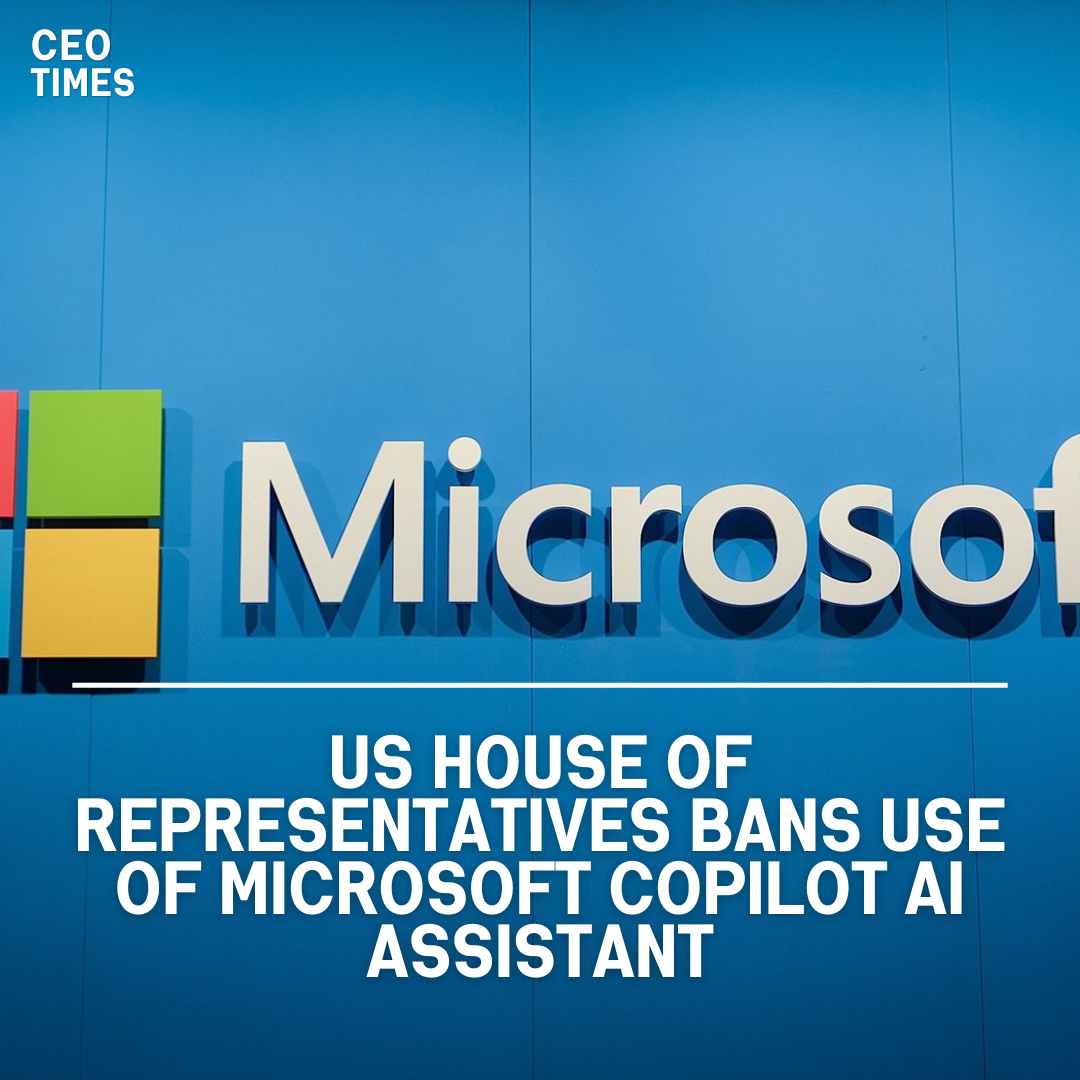The U.S. House of Representatives has imposed a strict ban on congressional staffers using Microsoft’s Copilot generative A.I. assistant, citing concerns about potential data security risks.
Concerns Over Data Security:
According to the House’s Chief Administrative Officer Catherine Szpindor, the Office of Cybersecurity has identified Microsoft Copilot as a potential risk due to the threat of leaking House data to unauthorized cloud services. This assessment underscores the House’s commitment to safeguarding sensitive information.
In response to the ban, a spokesperson from Microsoft emphasized the company’s commitment to addressing the security needs of government users. Microsoft aims to deliver A.I. tools, including Copilot, that meet federal government security and compliance requirements later this year.
Lack of Comment from House Chief Administrative Office:
Currently, the U.S. House’s chief administrative office has not responded to requests for comment on the ban. The decision reflects the House’s proactive approach to addressing potential risks associated with A.I. technologies.
The ban on congressional staffers using Copilot reflects policymakers’ growing concerns about the risks associated with the adoption of artificial intelligence in government settings. Ensuring data security and privacy protection remains a top priority for government agencies.
Legislative Efforts to Address A.I. Misuse in Politics:
In a related context, lawmakers have introduced legislation to prevent the misuse of artificial intelligence in political contexts.
Last year, bipartisan efforts led to legislation prohibiting the use of A.I. to create false content depicting candidates in political advertisements intended to influence federal elections.




















